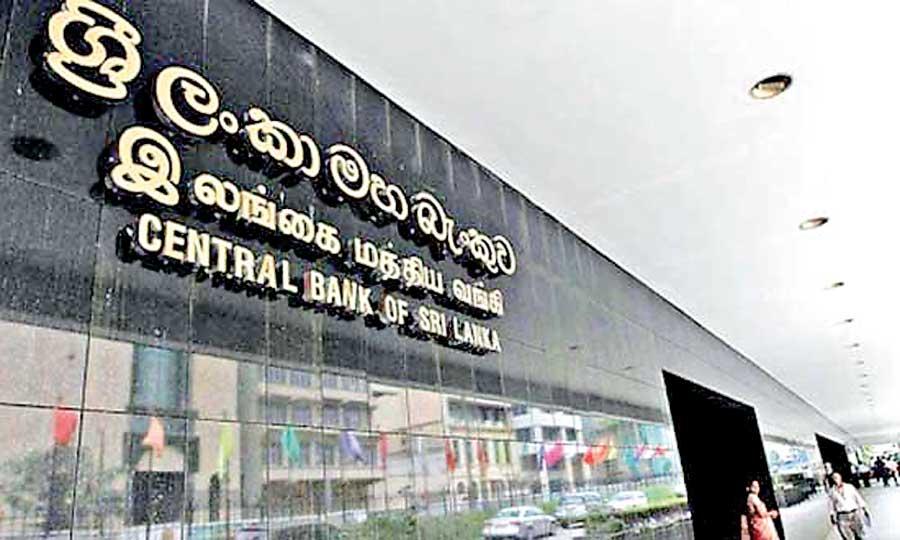17 Oct 2022 - {{hitsCtrl.values.hits}}
- The development reflects some improvement in Fx liquidity despite absence of major inflows
- Net absorption in Sept. clicks at US$ 67mn after CB bought US$ 239mn and sold US$ 172mn

The Central Bank emerged as a net absorber of foreign currency for the second consecutive month in September signalling a recovery in the domestic foreign exchange market after nearly a year of liquidity crunch which came to a head from February this year plunging the economy into its worst crisis.
The data showed that amid the tough conditions still persistent in the country’s external sector due to the absence of bridge financing, the Central Bank had managed to purchase US$ 239.15 million worth foreign exchange in September and had sold US$ 171.97 million, expanding the net absorptions to US$ 67.18 million.
August saw the Central Bank ending the eleven-month streak of remaining as a net seller of foreign exchange when it absorbed net US$ 15.02 million from the domestic foreign currency market.
The Monetary Board earlier this month referred to this slight improvement seen in foreign exchange liquidity in the domestic banking system as part of its decision to maintain the prevailing tight monetary policy.
“Foreign exchange liquidity in the domestic banking system recorded some improvements supported by increased inflows in the form of export proceeds and workers’ remittances,” the last monetary policy review statement said.
“Such improvements in foreign exchange liquidity conditions, despite underlying pressures in the foreign exchange market, are expected to facilitate the continuous provision of essential imports, including fuel, coal, and other commodities in the period ahead,” it added.
The restrain on imports together with the debt standstill effective from April this year have made possible the authorities to manage the country’s foreign currency outflows within its inflows as the country has no large debt repayments due until both bilateral and commercial creditors agree to restructure the debt they had provided to Sri Lanka over the years.
Meanwhile, the ultra tight monetary policy restrictions on open accounts and controls on certain imports have enabled the authorities to bring the country’s import expenditure largely into parity with what it earnings from exports.
Central Bank Governor Dr. Nandalal Weerasinghe on October 6 said the activation of the International Monetary Fund (IMF) programme, expected by end of this year or January next year, could unlock multilateral and bilateral credit, making possible to alleviate the worst external sector challenges and broader economic hardships faced by the public.
06 Nov 2024 1 hours ago
06 Nov 2024 2 hours ago
06 Nov 2024 2 hours ago
06 Nov 2024 2 hours ago
06 Nov 2024 3 hours ago